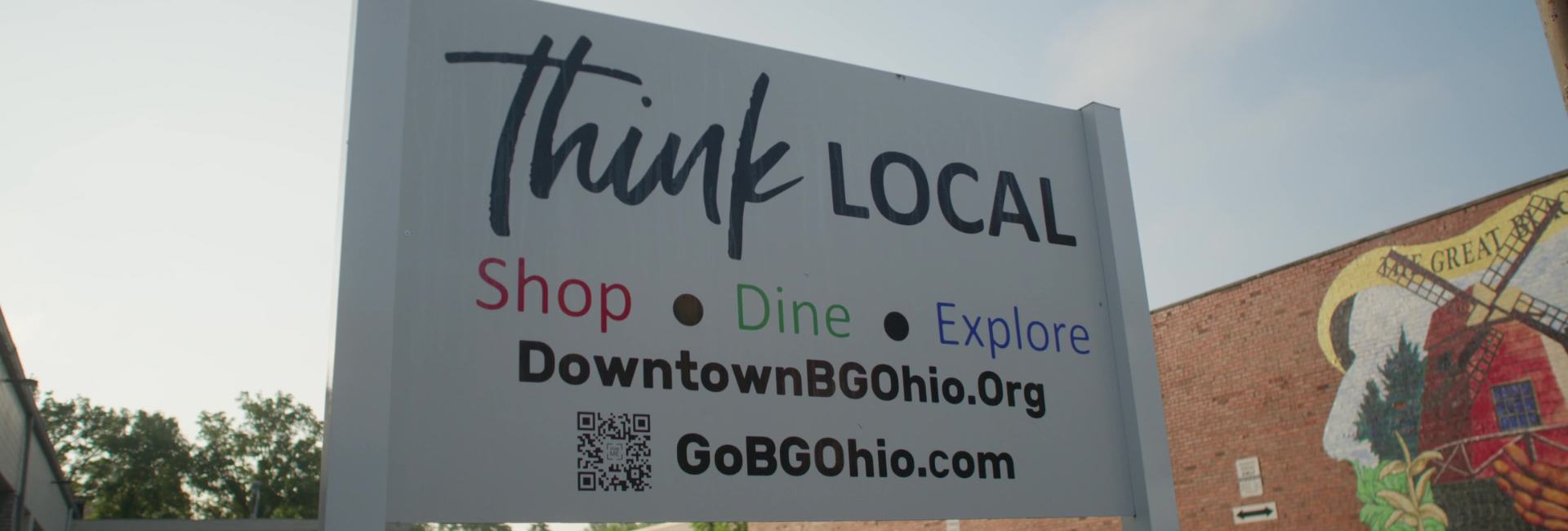Listening closely helps small businesses act fast
October 2, 2023 | By Arsalan Danish
Kati Thompson has always had an eye for style. She owns Eden Fashion Boutique, a contemporary women’s clothing store in downtown Bowling Green, Ohio, that specializes in unique patterns, prints and silhouettes. But she’s learned that running a business also requires a head for numbers.
“Oftentimes we [small business owners] start our business because of the art, but there’s a whole science to retail too,” she says, referring to the accounting, marketing and inventory skills required for successful shopkeeping.
In recent years, that science has completely changed. There has been a seismic shift from physical payments to digital ones, with people increasingly buying online rather than in a brick-and-mortar store, and choosing to pay by card or mobile wallet, not cash.
It’s propelled small business owners like Thompson and her neighbor Amy Craft Ahrens, who owns For Keeps gift shop, to adapt quickly. “I’m not a techie,” Ahrens explains. “Even finding the right platform to use to get an integrated e-commerce system through my website was going to be $24,000.”
But Mastercard is helping entrepreneurs across the country adjust to the rapid, irreversible shift to the digital era. During a recent visit to Ohio, company leaders met with small business owners at forums in Bowling Green and Newark, where they could share their experiences of accepting contactless payments, obtaining credit and building an online presence.
“Being able to look for solutions, bring value, help and really be part of changing things starts with listening,” Mercedes Garcia, vice president for community relations at Mastercard, told attendees. “And that’s what we’re doing.”
The participants in Bowling Green and Newark discussed the impact of COVID-19 on their businesses. More than eight in ten consumers in the U.S. migrated to digital payments after the pandemic, and many businesses were simply not ready. Some firms were unable to accept payments, while others struggled with issues such as cash flow management and social media marketing.
It is critical that the 32.5 million small businesses in the U.S. adapt quickly to the new era, not least because they are the lifeblood of the country’s economy, contributing around 50% of the nation’s GDP. And talking with business owners to understand what their specific challenges are — through webinars, mentorships and face-to-face meetings — is crucial to helping them on their digital journey.
Hear what entrepreneurs in these two Ohio towns had to say about operating a small business today.